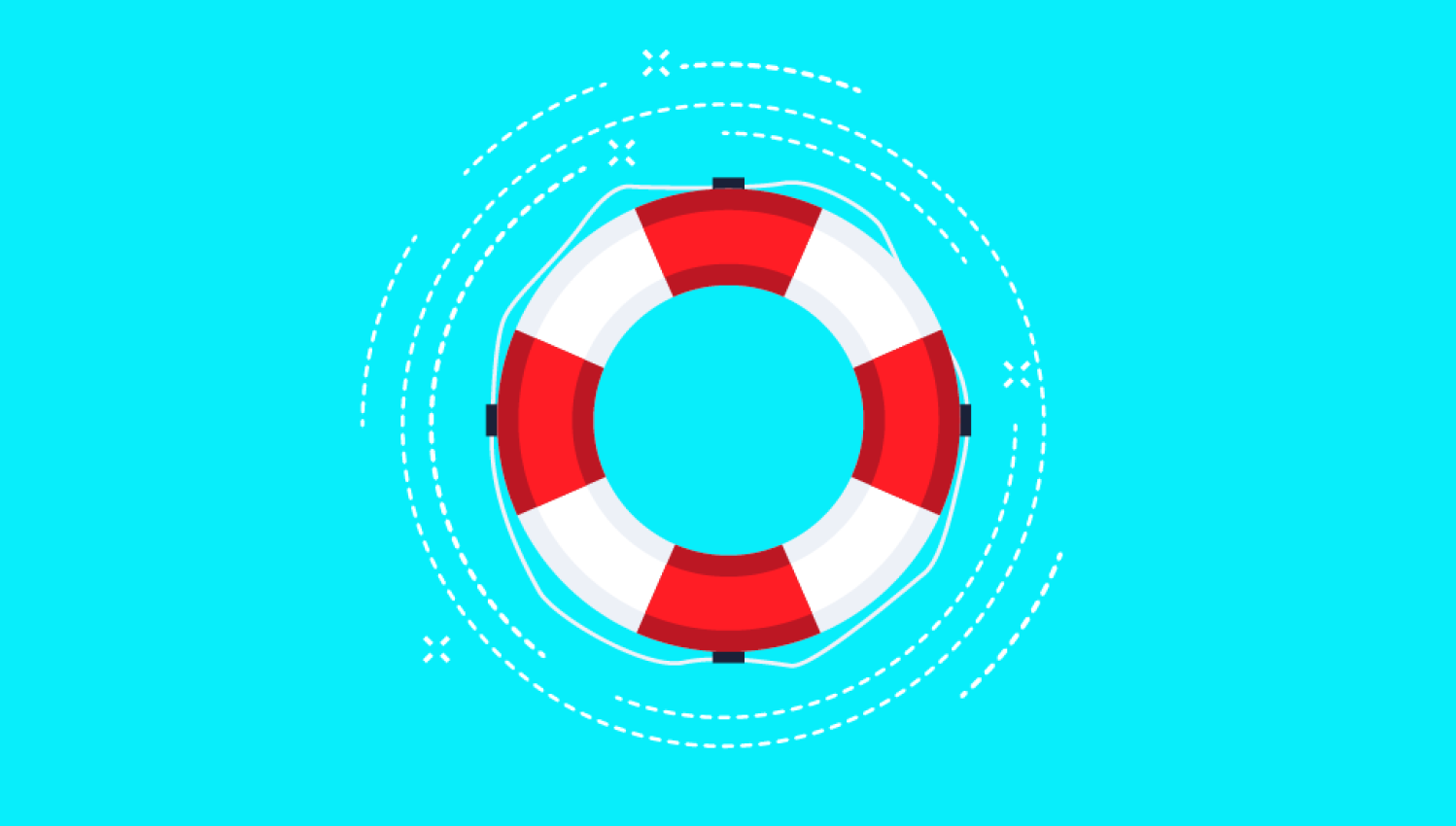1- No sales, no obvious excuses for no sales
One thing is when the idea is being tested, the product is not yet developed, or when the machine actually works but there has not been much marketing investment yet. Another thing is when we already have a product that we believe is ready to meet some need - that at least existed in our heads - while we’re already spending a respectable marketing budget to sell it, and yet we still have no relevant sales. Maybe no one wants the product as it is, maybe there is not even a real need for it or maybe someone has not promoted it as it should. Either way, when you get to this point, you either step back and change something substantial from the machine you have created so far, preferably based on feedback received to date, or you better start thinking about an alternative source of income.
2- Having sales, we do not have a profitable model
If we spend €300 on digital marketing campaigns to sell €20, something is wrong. Either these campaigns are not well targeted and optimized, or the product is not that good. If it's the first option, great! That would mean you have a marketing problem - either on strategy or execution - that at least is solvable relying on trial and error until a well-optimized campaign is reached. If, however, we have already tested several approaches to our marketing efforts, tested various audiences, messages, etc., and continue to spend a lot more on marketing than what we sell, it's time to rethink the very product / service we are offering.
3- There are sales, but they stop there
While there are sales and a profitable model behind these conversions, the truth is that we may not have a scalable model to the point of triggering a major worldwide disruption of those that really make us rich and continue to sell even when we are sleeping. That is, the potential market may have already been fulfilled. It could even be that this startup already pays salaries and makes some profit, but there may be some operational issue that doesn't allow the model to truly scale. We can have, for example, a product that is innovative in a given territory, and therefore has a good receptivity in its public (e.g. a product selling very well in Portugal), but outside that area it is already considered trivial or even unnecessary for some reason. Based on the definition of ‘startup’, which assumes a scalable business model of some sort, this would be a failed startup. And so what? Not everything has to be a startup. It becomes a good case of a company that pays its salaries, possibly to people who enjoy doing what they do.
This is not such an obvious subject though, and gut feeling is welcome as a decision factor if we’re having this doubt.




